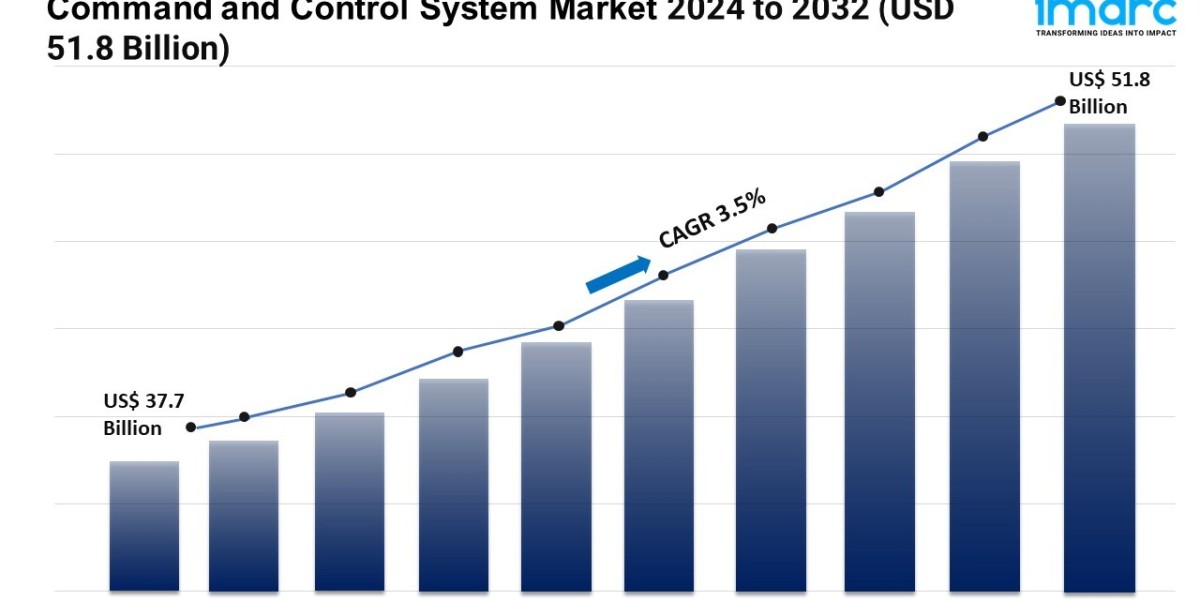An automatic pond fish feeder is an essential tool for pond owners seeking to simplify their fish care routine. At Native Outdoors, we understand the importance of keeping your aquatic friends well-fed and healthy. This comprehensive guide will delve into the features, benefits, and considerations for choosing the best automatic pond fish feeder for your needs.
Understanding Automatic Pond Fish Feeders
Automatic pond fish feeders are devices designed to dispense fish food at predetermined intervals. They ensure your fish receive a consistent supply of food, even when you're not around. This technology is particularly beneficial for busy individuals or those who travel frequently.
Types of Automatic Fish Feeders
- Battery-Operated Feeders
- These feeders run on batteries, making them a flexible choice for various pond setups. They are typically easy to install and can be placed anywhere near the water source.
- AC-Powered Feeders
- AC-powered feeders require a nearby power outlet, which may limit their placement. However, they often offer more features, such as programmable feeding schedules and larger food capacity.
- Solar-Powered Feeders
- Ideal for eco-conscious pond owners, solar-powered feeders harness sunlight to operate. They are energy-efficient and can function without relying on electrical grids, making them perfect for remote locations.
Key Features to Look For
When selecting an automatic pond fish feeder, several key features can enhance your experience and ensure your fish thrive.
Programmable Feeding Schedule
The ability to program feeding times is one of the most crucial aspects of an automatic feeder. Look for models that allow you to set multiple feeding times throughout the day, ensuring your fish receive the right amount of food consistently.
Adjustable Feed Quantity
Different fish species have varying dietary needs. A good feeder should allow you to adjust the quantity of food dispensed, accommodating the specific needs of your fish. This feature helps prevent overfeeding and keeps the pond environment balanced.
Durability and Weather Resistance
Pond feeders are exposed to the elements, so durability is key. Look for feeders made from high-quality, weather-resistant materials that can withstand rain, snow, and UV rays.
Ease of Installation and Maintenance
Choose a feeder that is easy to install and maintain. Many modern automatic feeders come with user-friendly instructions and require minimal tools for setup. Regular maintenance should also be straightforward, allowing you to keep your feeder in optimal working condition.
Food Compatibility
Ensure the feeder is compatible with the type of food you plan to use. Some feeders can handle a variety of pellet sizes, while others are designed for specific types of food. This is essential to ensure your fish receive the best nutrition.
Benefits of Using an Automatic Fish Feeder
Consistent Feeding Schedule
Automatic feeders take the guesswork out of feeding. By providing a consistent schedule, they promote healthy growth and reduce stress in fish, as they learn when to expect their meals.
Time-Saving Convenience
With an automatic feeder, you can spend less time managing your pond and more time enjoying it. This convenience is particularly beneficial for those who travel frequently or have busy lifestyles.
Prevention of Overfeeding
Automatic feeders can be programmed to dispense specific amounts of food, significantly reducing the risk of overfeeding, which can lead to water quality issues and unhealthy fish.
Enhanced Fish Health
Healthy fish are more resilient to disease and environmental stressors. By ensuring your fish receive the right amount of food consistently, an automatic feeder contributes to their overall well-being.
Choosing the Right Size for Your Pond
Selecting the appropriate feeder size is crucial for effectiveness. A feeder that is too small may not dispense enough food for a large pond, while an oversized feeder could lead to waste and pollution. Consider the following factors when choosing the right size:
Pond Size
Measure your pond’s surface area and depth. A larger pond typically requires a more substantial feeder or multiple feeders to ensure all fish are reached effectively.
Fish Population
The number and type of fish in your pond will impact the feeder size you need. A higher density of fish means more food will be required, so ensure your feeder can accommodate the needs of all inhabitants.
Maintenance Tips for Your Automatic Pond Fish Feeder
To keep your automatic feeder operating efficiently, regular maintenance is essential.
Cleaning the Feeder
Periodically clean the feeder to prevent food buildup and potential clogs. Most feeders can be easily disassembled for thorough cleaning. Use a soft brush to remove any residue, and rinse with clean water.
Checking the Power Source
For battery-operated and solar-powered feeders, regularly check the power source. Replace batteries as needed and ensure solar panels are clean and unobstructed.
Inspecting for Wear and Tear
Regularly inspect the feeder for any signs of wear or damage. Addressing issues promptly can extend the lifespan of your feeder and maintain its effectiveness.
Conclusion
Investing in an automatic pond fish feeder can transform your pond maintenance routine. With features designed to promote fish health and simplify feeding schedules, these devices offer a practical solution for both novice and experienced pond owners. At Native Outdoors, we believe that understanding your options and making informed choices is key to creating a thriving aquatic environment. Explore our range of automatic pond fish feeders and discover how they can enhance your pond experience today.


